How Reviewing a Sample Due Diligence Report Can Help Your Self-Funded Search
Reviewing a sample due diligence report is helpful throughout your acquisition journey, but especially at the beginning of your self-funded search. As a standardized view of a thoroughly evaluated company, it will give you a primer on what you can expect from proper due diligence while also helping you to focus your search.
Know What to Expect
Reviewing a sample report before entering the diligence process will set your expectations on what you should receive from a due diligence expert. You will see the level of detail that is appropriate for expert due diligence analysis and what you stand to learn about your target company with this depth of scrutiny.
A quality due diligence report, like the one offered by Guardian, should include:
Due Diligence Checklist or list of data to be analyzed
Deal Summary
Summary of Deal Risks
Spend a moment with each of these sections to begin to understand the valuable deal insights they can provide to help you make the best decision for you. The Proof of Cash will analyze cash and deposits into the business bank account, checks and debits from the bank account, reconciliation of income statement revenue and cash into the bank, and the best validation that the financial statements are real. The Quality of Earnings will reveal the true EBITDA of your target company including adjustments.
Taking the time to prepare yourself by checking out a sample report can also help you decide how deeply you hope to invest in due diligence. Searchers often find that the high-quality detail of a due diligence report has more value than what can be provided by a CPA. The ability to rely on that expertise comes with an investment. You’ll need to decide how much you’re willing to invest to ensure your deal will be what you expect and offer the returns you’re looking for.
Inform Your Search
Especially if you’re new to acquisitions, you might not be sure about exactly what you’re looking for in a target company. Early in your search, you are likely focused on high-level aspects of a deal like industry, location of the target company, cash flow, and asking price. You probably have a very clear and thoughtful idea of how these aspects will come together to make the perfect deal for you. However, the data offered by a due diligence report, including verifying financials and understanding the reliability of a seller, can help you narrow in on your preferences for a prospective company.
What level of discrepancy is acceptable for you? Undoubtedly, your due diligence report will unearth differences between what the seller has told you and what can be verified in financials. You’ll want to understand what discrepancies you’re comfortable with and which ones will end your interest in the deal. Familiarizing yourself with what can be learned in a due diligence report can help you set those goals to guide your search.
Define for yourself what a “perfect” due diligence report for a target company might look like. For example, you might want to see a certain number verified in Accounts Receivable to feel completely comfortable with a company. Use the sample due diligence report as a basis to create standards or goals for what you want to see. Alternatively, picture what you might want to avoid in your deal.
Prepare to Evaluate What You Find
Taking a look at a due diligence report before you actually need one will prepare you when it comes time to evaluate your deal. You’ll know how to review the report, and that will save you time. Wrapping your mind around everything that’s included and what exactly you can learn about your target company is a process. Getting more comfortable with reviewing due diligence reports now be a valuable skill to carry with you throughout your career in entrepreneurship through acquisition (ETA).
As you get more and more comfortable reviewing these reports, it will speed up your process. By the time you get a report back about your target company, you will be prepared to jump right in. You’ll have an idea of what you’re hoping to see, and you’ll know exactly where to look for the information you want to know first. This preparation will speed along your decision-making process and allow more breathing room for evaluation during the time after you submit your LOI.
Understand How Due Diligence Can Impact Negotiations
The valuable information that you will learn from a Quality of Earnings and Proof of Cash will guide your negotiation strategy. What you find in your due diligence report will be your justification for why the deal should be shaped in a way that works best for you, not the seller. Take a look at a sample due diligence report and try to find what bits of information will be the most helpful in guiding your negotiation strategy and helping you negotiate effectively. You can also learn more from our QoE 101 page here.

